NIS Directive Compliance: A Must for Utility Service Providers in the Age of Cyber Threats

The Network and Information Systems (NIS) Directive represents a critical regulatory framework designed to enhance the overall security and resilience of essential services across Europe, including the United Kingdom. Utility service providers, such as those in the water, gas, and telecommunications sectors, are at the forefront of this directive. In today’s rapidly evolving cyber threat landscape, ensuring compliance with the NIS Directive is not just a legal obligation but a crucial element in protecting your infrastructure, maintaining operational continuity, and safeguarding public trust.
In this article, we will explore the importance of NIS Directive compliance for utility service providers, the specific challenges they face, and how AccSec LLP can support your organisation in meeting these requirements while enhancing your overall cyber security posture.
Understanding the NIS Directive
The NIS Directive was introduced to improve the cyber security of essential services and digital infrastructures across the European Union. It applies to operators of essential services (OES) and digital service providers (DSPs), placing stringent obligations on these organisations to ensure the security and resilience of their networks and information systems. For utility service providers, this means implementing robust security measures to protect against cyber threats, ensuring the continuity of service delivery, and being prepared to respond effectively to incidents.
Failure to comply with the NIS Directive can result in severe penalties, including significant fines, as well as the risk of operational disruption and reputational damage. More importantly, non-compliance can leave utility infrastructures vulnerable to cyber attacks, which could have far-reaching consequences for public safety and national security.
The Unique Challenges Faced by Utility Service Providers
Utility service providers operate complex and often aging infrastructures that are increasingly reliant on digital technologies for monitoring, control, and communication. This digitisation, while improving efficiency and service delivery, also introduces new vulnerabilities and expands the attack surface available to cyber criminals. Some of the unique challenges faced by utility service providers include:
- Legacy Systems: Many utility infrastructures rely on legacy systems that were not designed with modern cyber security in mind. These systems can be difficult to secure and may require significant upgrades or retrofits to meet NIS Directive requirements.
- Complex Networks: Utility providers manage extensive and often decentralised networks that include a wide range of devices, from industrial control systems (ICS) to remote sensors and communication networks. Securing these complex networks requires a holistic approach to cyber security.
- Operational Continuity: Utility services are essential to public safety and well-being. Any disruption, whether due to a cyber attack or a security upgrade, can have immediate and severe consequences. This makes it essential to implement security measures that do not interfere with ongoing operations.
- Regulatory Compliance: In addition to the NIS Directive, utility providers must comply with a range of other regulatory requirements, including industry-specific standards and data protection laws. Balancing these requirements with the need for operational security can be challenging.
How NIS Directive Compliance Enhances Security
Achieving compliance with the NIS Directive is not just about avoiding penalties; it is a strategic investment in the security and resilience of your infrastructure. Compliance with the directive involves several key activities that directly contribute to enhancing your organisation’s security posture:
1. Risk Management
The NIS Directive requires utility service providers to implement a risk management approach to cyber security. This involves identifying and assessing potential threats, vulnerabilities, and impacts, and taking appropriate measures to mitigate these risks. A thorough risk management process helps you prioritise security investments and ensures that your most critical assets are protected.
2. Incident Response and Reporting
Effective incident response is a core component of the NIS Directive. Utility providers must be prepared to detect, respond to, and recover from cyber incidents in a timely manner. This includes having clear procedures for incident reporting to the relevant authorities. By enhancing your incident response capabilities, you can minimise the impact of cyber attacks and maintain the continuity of essential services.
3. Continuous Monitoring and Improvement
Compliance with the NIS Directive is not a one-time effort; it requires ongoing monitoring and continuous improvement of your security measures. Regular audits, security assessments, and updates to your cyber security strategy ensure that your organisation remains resilient in the face of evolving threats. This proactive approach helps you stay ahead of potential attackers and adapt to changes in the regulatory landscape.
4. Supply Chain Security
The NIS Directive also emphasises the importance of securing your supply chain. Utility providers often rely on third-party vendors for critical services and components, making it essential to ensure that these vendors adhere to the same high standards of security. By conducting regular security assessments of your supply chain, you can reduce the risk of supply chain attacks and ensure the integrity of your operations.
How AccSec LLP Can Help
At AccSec LLP, we specialise in helping utility service providers navigate the complexities of NIS Directive compliance. Our comprehensive consultancy services are tailored to meet the specific needs of your organisation, ensuring that you not only achieve compliance but also enhance your overall cyber security posture.
1. Initial Assessment and Gap Analysis
We begin by conducting a thorough assessment of your current security practices against the requirements of the NIS Directive. Our detailed gap analysis identifies areas where your organisation may need to strengthen its security measures, providing a clear roadmap to full compliance.
2. Risk Management Framework
Our consultants work with your team to develop a robust risk management framework that aligns with the NIS Directive. This includes identifying and assessing risks, implementing appropriate security controls, and establishing ongoing monitoring processes to ensure continuous protection.
3. Incident Response Planning
We assist in developing and enhancing your incident response capabilities, ensuring that your organisation is prepared to manage and report security incidents in compliance with the directive. Our experts help you establish clear procedures for incident detection, analysis, containment, and recovery.
4. Ongoing Support and Compliance Maintenance
Achieving compliance is just the beginning. AccSec LLP provides continuous support to help your organisation maintain compliance over time. This includes regular reviews, audits, and updates to your security measures to keep pace with the evolving threat landscape and regulatory requirements.
Conclusion
In an age where cyber threats are becoming increasingly sophisticated and targeted, ensuring compliance with the NIS Directive is essential for utility service providers. By implementing the required security measures, you not only meet regulatory obligations but also protect your infrastructure, maintain operational continuity, and safeguard public trust.
At AccSec LLP, we are committed to helping you achieve and maintain NIS Directive compliance, providing the expertise and support you need to secure your critical infrastructure against the ever-present dangers of the digital world.
Contact us today to learn more about our NIS Directive Compliance Consultancy services and how we can help your organisation stay secure and compliant.





